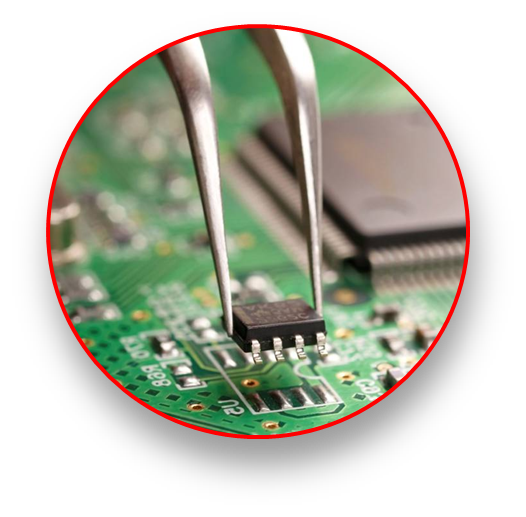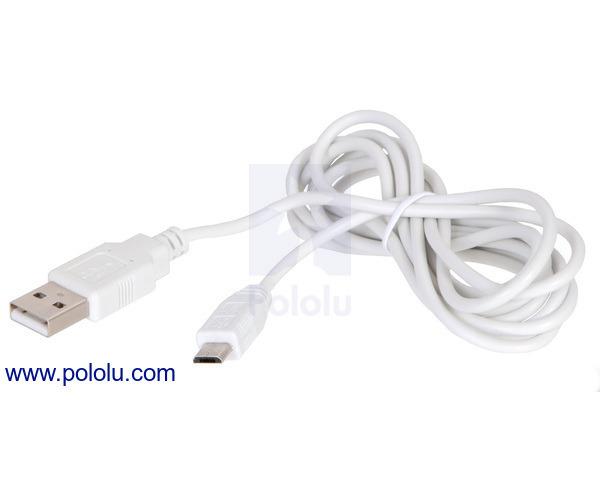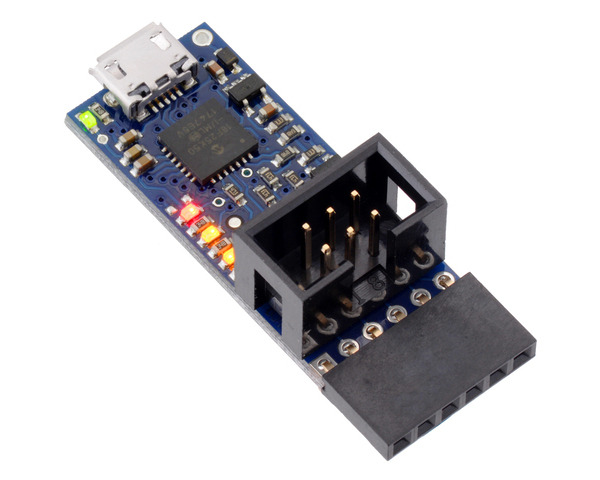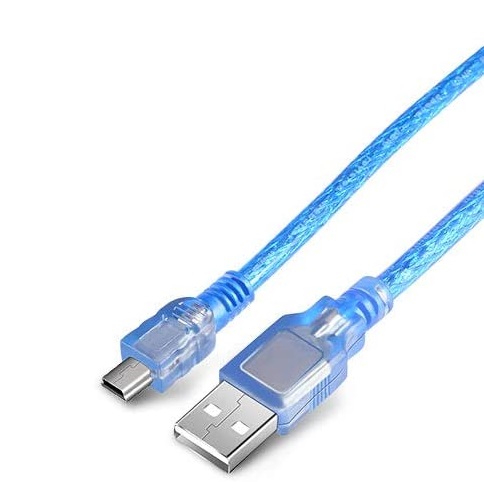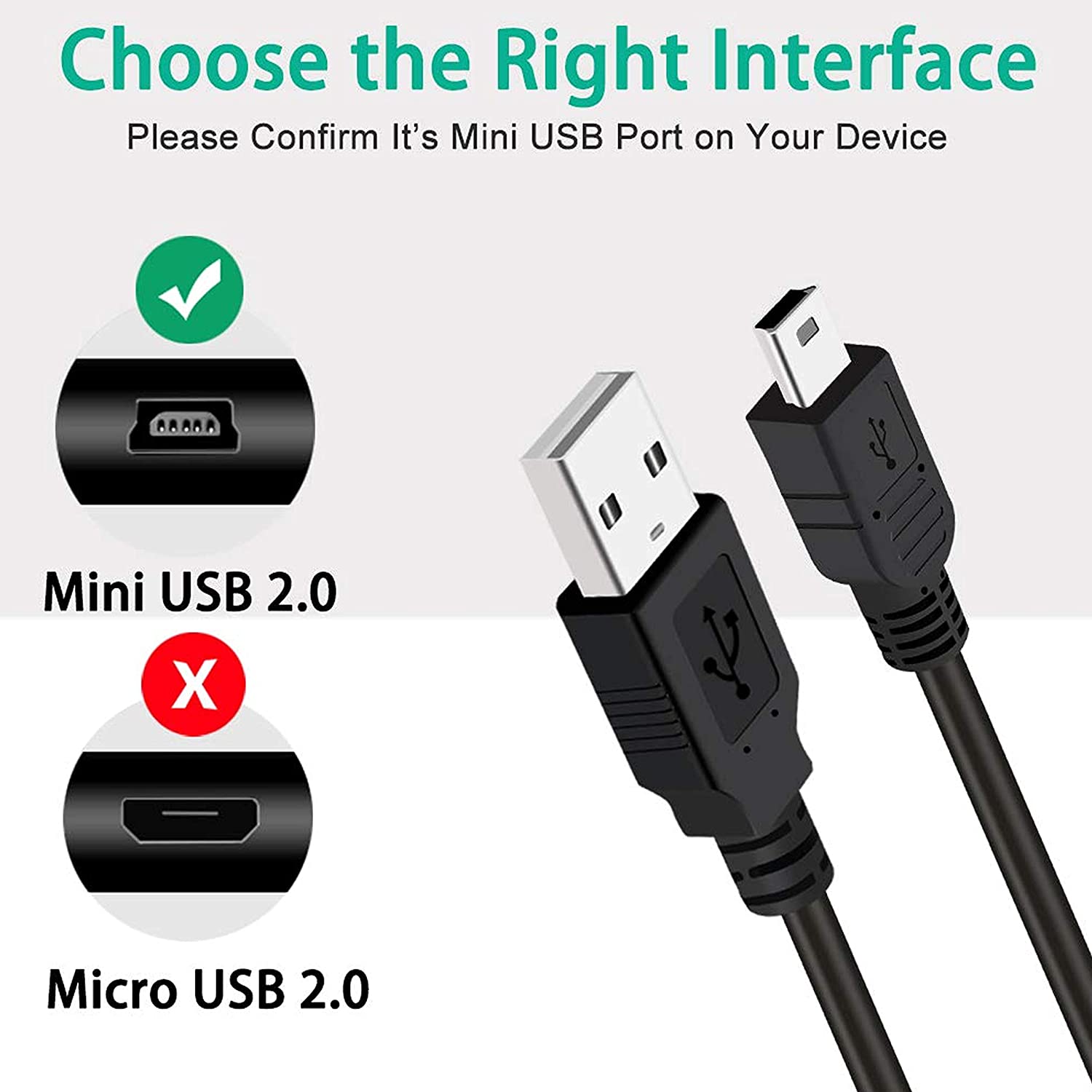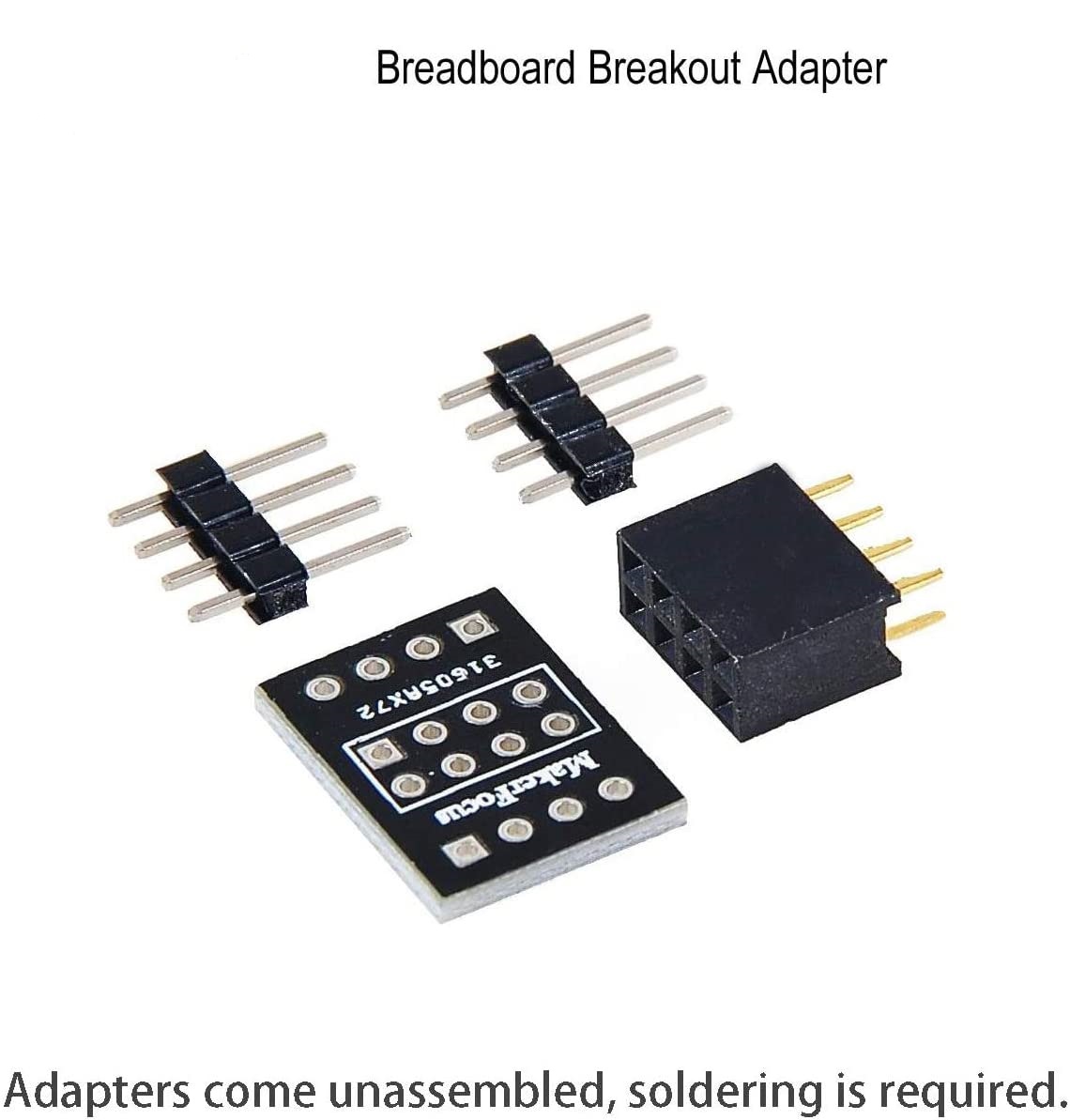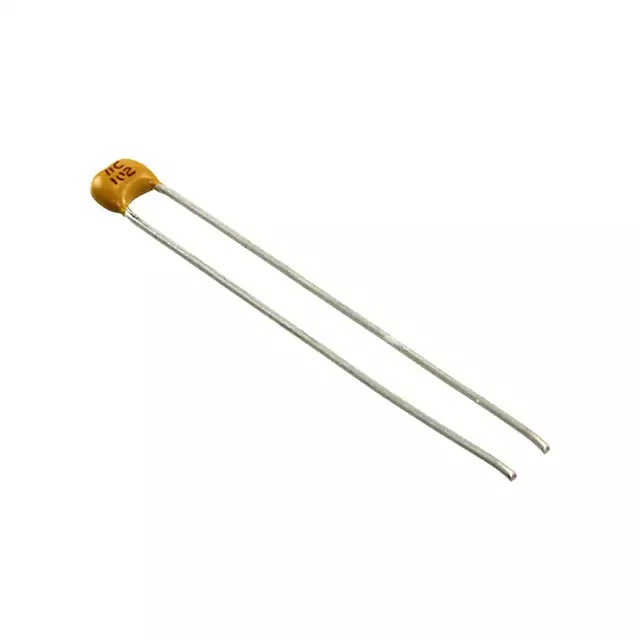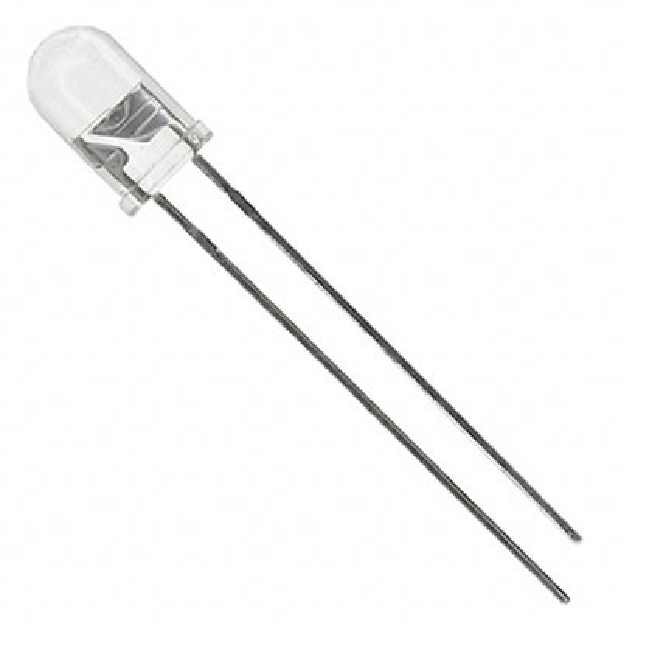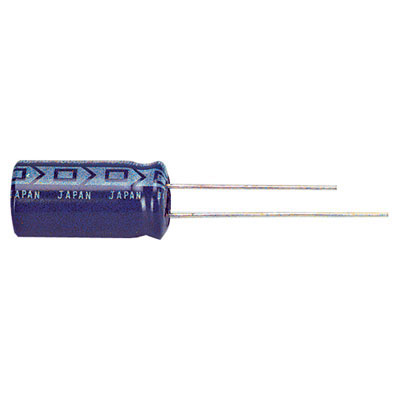Our Services

Engineering Stores supplies parts and components for students to aid in their labs and projects.

Access Datasheets for ALL parts and components sold by Engineering Stores. This provides an ease of access for students while doing their labs and projects.

We take special orders for students that align with our order periods.
Engineering Labs
This is the third of four engineering laboratory and designs courses and will provide more advanced hands-on design and application experience using the contents of the electronics, biomedical and electrical power engineering courses taught at level 2, semester 1. The course is divided into two sections. Section 1 contains three modules, each having six laboratory exercises for biomedical, electrical power and electronics engineering, respectively, and is offered during the first 6 weeks of the semester. Section 2 consists of a design project that will be assigned to groups of three to five students with representation from each of the three engineering disciplines. The design aspect of this course focuses on holistic design processes applied to an engineering design problem.
This is the first of four engineering laboratory and design courses and will provide hands-on design experience for the contents of the electronics and electrical engineering courses taught in semester 1. The course is divided into three modules. Lab orientation will be completed by all students in the first week of the semester. Four weeks are successively assigned for each module. Students will be guided in performing various explorations of the practical aspects of electronics and their skills will be tested in a design test at the end of each module.
This course is specially designed to train incoming engineering students to operate and apply various software and hardware tools for engineering practice. It’s divided into four modules to cover the range of software and hardware tools that are normally used by a practicing engineer. Module 1 - Tools and techniques for circuit design will provide hands on training with various software CAD tools used for design, simulation and fabrication of electronics and electrical circuits and systems. MatLab will be introduced and its application to simulations for various theoretical models. This module will also expose students to the use of LabVIEW, a very powerful tool used in industry to develop and test various software and hardware designs. It offers a graphical programming approach that facilitate visualization of every aspect of design and application, including hardware configuration, measurement data, and debugging.
Module 2 - Introduction to mechatronics introduces students to the various elements of a mechatronic system, how they relate to each other and how to design, build and troubleshoot such systems. The practical aspect of the course utilizes microcontrollers in the form of Arduino, various sensors, circuits, motor drivers, motors and 3D printed designs to enable students to develop a familiarity with the various processes and mechatronic systems. The techniques involved in the production of engineering drawings and prototypes, and the function and utilization of basic mechanical workshop tools and equipment, are covered in modules 3 and 4, respectively. The workshop technology module introduces students to workshop equipment and provides students with basic workshop skills, which they will apply in the design and construction of a flat blade screw driver at the end of the module.


